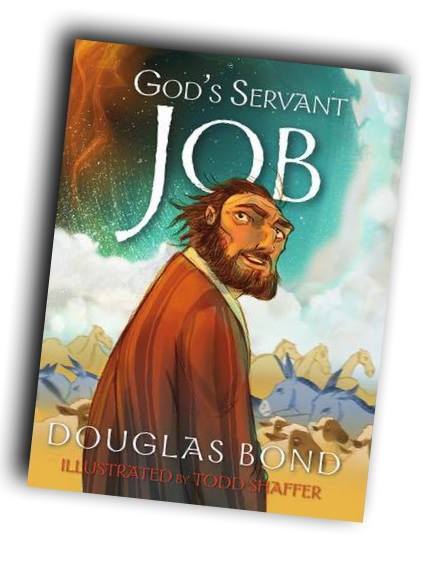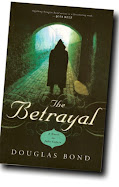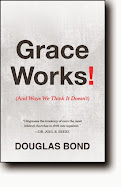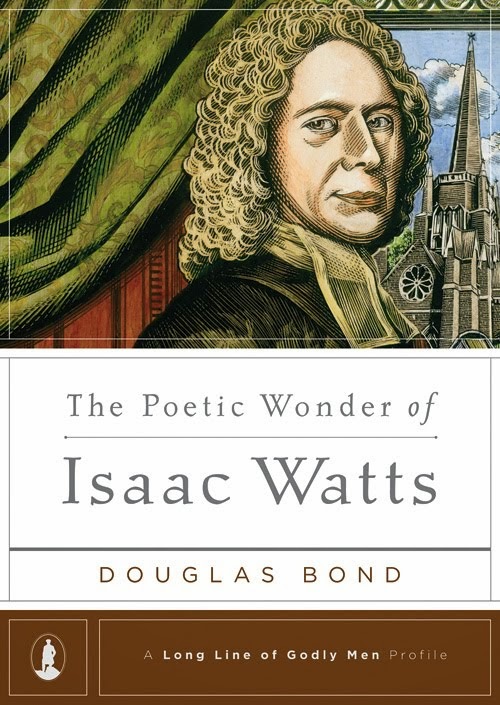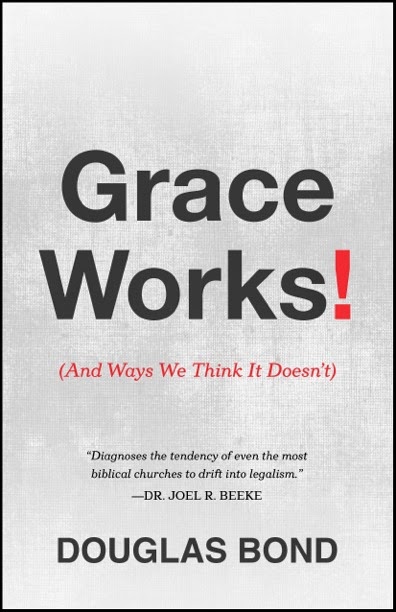This prayer of Moses about time passing away quickly, God sweeping men away in the sleep of death (4, 5) is a tad bit gloomy sounding at first glance. Gives you lots to look forward to: Life is full of toil and trouble. Then we fade and die. Good news, right?
Actually it is so terrifyingly gloomy and morbid we end up having to make jokes about death and dying to function in a world where death looms ahead for each of us, as in the play last night.
So we can do a couple of things. We can live a life of self delusion, pretending it won't happen to me, only other people die, only other people suffer and have troubles, I'm so young, it's as if it won't every catch me. You can get absolutely addicted to sack, as with Falstaff and the advice he would give his sons if he had any. Like I said, you can tell yourself lies and decide to believe them. Works for a while, and then you get sick, or someone you love gets sick, and dies. It's coming, folks, death is real. And it is coming for you.
Notice how the Psalmist describes the reality of sin and its awful consequences on us in this short life: 70 to 80 years and we're gone. Notice God's just anger at we human beings for our constant sinning, our ignoring his eternal power, thinking we have life in ourselves, that we are ultimate and infinite when we are not. He knows even our secret sins, laid bear in the light of his countenance. We keep committing "the oldest kind of sins in the newest kind of ways," as Shakespeare observed about human nature.
1000 years in God sight is like a day, poof, and you're dust, mouldering beneath the soil or beneath the flagstones of the church--gone, your life over. Like the tens of thousands of graves we have seen in just a week on this tour. Or the host of people who died with no tombstone, forgotten entirely. Pretty grim.
You want this all to go away. You want your life to actually matter. You want to be satisfied with your life, feel that it is important, meaningful. That life--your life--matters deeply. That it will endure, last, not be snuffed out in death.
In an interview, Woody Allan was asked if he hoped that his film legacy would last. "They can turn my movies into guitar picks. I want to last."
You all know what he means. He's being honest about things here. You and i often are not so honest. And we try to live on in denial.
Thats the middle of the Psalm, but notice that it begins with confidence. I don't know about you, but i want confidence. As pastor Hamilton said last night, we need all the encouragement we can get.
But in what or in whom are we to have this confidence? Is it in the artificial confidence of booze and drugs, entertainments, in rule breaking? Is it in rule keeping, our faithfulness, our obedience, our righteousness? No. The Psalmist directs us outside of ourselves and points us to confidence in the everlasting, eternal faithfulness of God, throughout all generations. He alone has been our dwelling place ( Paul Eph 2: in Christ we are being built as a dwelling place for God by the Spirit).
Look at the death and suffering all around you, tombstones on every side, and this Psalm seems a little gloomy. Shallow and Silent in Henry IV part II sit and reflect on growing old, "We die. we die." Its as if the Psalmist is saying, hey, life is going to be pretty short, and you will suffer a whole bunch, and then you die. Great news, right?
What if you could just be really healthy, eat right, exercise, and live 1000 years (Methuselah lived only 969) instead of seventy or eighty? The Psalmist here reminds us that to God 1000 years is like a day. Like a watch in the night. Sooner or later, death comes.
We've seen castles and churches that were nearly a 1000 years old and tonight we'll be walking on Hadrian's wall that is almost 2000 years old, but throughout all these generations everyone has died. Everyone. And you will too. All the hands that made these splendid buildings, painted the portraits in the galleries, wrote the plays, all are gone and dead. "We fly forgotten as a dream dies at the opening day."
So what do we do about it all? Live pathetic lives of delusion? Pretend it won't happen to us, tell ourselves, we're not scared. No. The Psalmist tells us.
12 nSo teach us to number our days
that we may get a heart of wisdom.
Numbering our days aright. Thats what this tour is all about. And when we do the math aright, we know our condition is desperate. So we need a change of heart, from a foolish one to a wise one. But what is this thing called wisdom? And how do you get a heart of wisdom?
What do you think Pastor Hamilton would tell you? How would he answer this question? Would he tell you to look within yourself? Be a good person. Be like Bunyan when he set about on his self-salvation project, determined to become upright and moral as an act of his will.
He would tell you to look away from yourself. Stop looking within. Stop looking to yourself. Look out and up to Jesus. Paul tells us in Colossians that in Jesus are hidden all the treasures (a wonderful word) of wisdom and knowledge. James tells us that Jesus himself is the wisdom that comes down from above.
Numbering our days aright. Thats what this tour is all about. And when we do the math aright, we know our condition is desperate, so we cry out for mercy.
13 oReturn, O Lord! pHow long?
Have qpity on your servants!
Mercy found only in the wisdom that came down from above. Wisdom is not a thing. Wisdom is a Person, Jesus. Remember what I read to you from the Huguenot Lefevre in his preface to his commentary on the Psalms? He was writing with the help of Christ, the key to understanding the Psalms. "Christ is who the Psalmist was writing about." Who is it alone who has pity on his servants? Jesus. We can count on him. He alone satisfies us with himself.
14 Satisfy us in the smorning with your steadfast love,
that we may trejoice and be glad all our days.
We were not made for sickness, affliction, toil and trouble, and death. We were not made to end our lives with a moan, a discouraged sigh, or a pathetic whimper. We were made for satisfaction, gladness all our days, all eternity.
What to do? Own up to your sins, turn from self to the steadfast love of Jesus for pathetic sinners like yourself. Our problem is ourselves, right? Even Lord Byron began to realize that late in life. Remember Christina Rossetti was brought to the place of acknowledging that she, and she alone, was what was wrong with the world. And so must you and I.
16 Let your vwork be shown to your servants,
and your glorious power to their children.
17 Let the xfavor4 of the Lord our God be upon us,
and establish ythe work of our hands upon us;
yes, establish the work of our hands!
"Nothing in my hands I bring; simply to the cross I cling." There's nothing you can do. Nothing. And that's a critically important part of the good news. So stop the naval contemplation, the looking within, looking to your own fitness, looking to your own solution to the problem.
It is the steadfast love of God through the merits and mediation of Jesus that is our only hope, his saving work, his glorious power, his redeeming favor. Then be glad all your days, the work of your hands established by the steadfast love of God, by the redeeming work of Jesus, from everlasting to everlasting, in Christ for you, now--and for all eternity.
























































